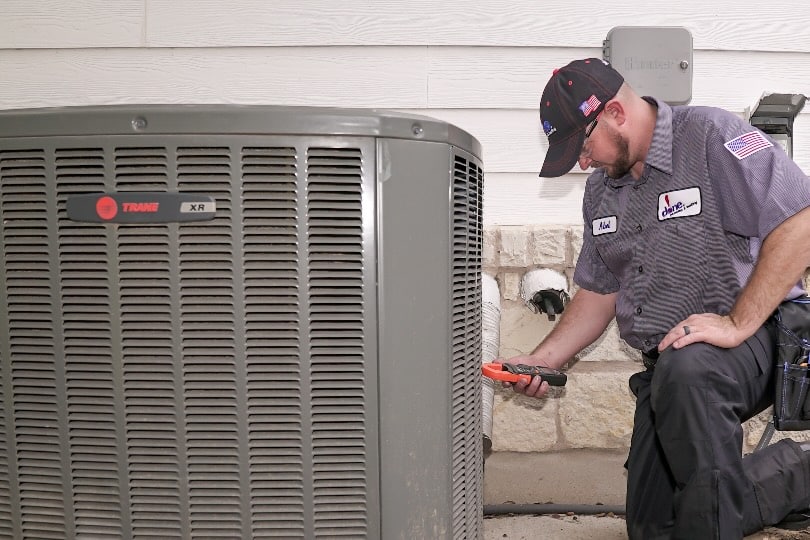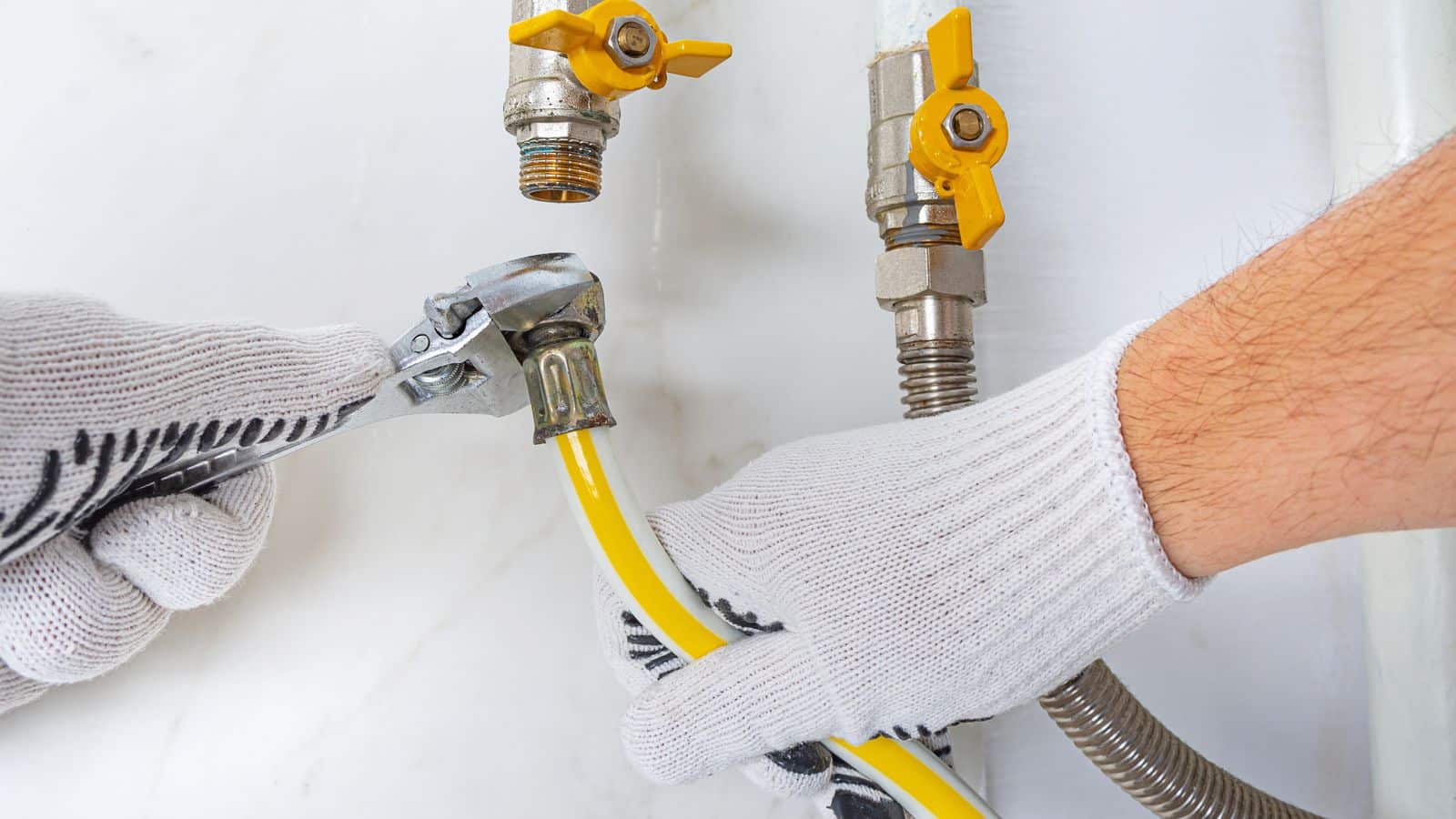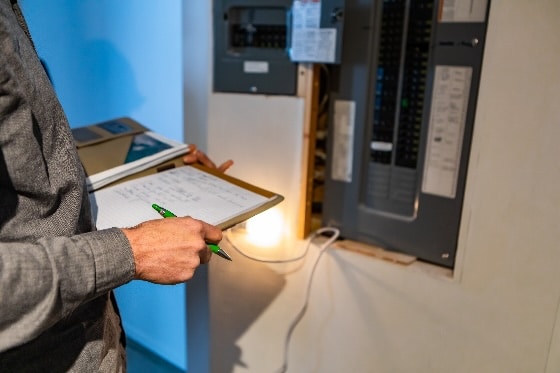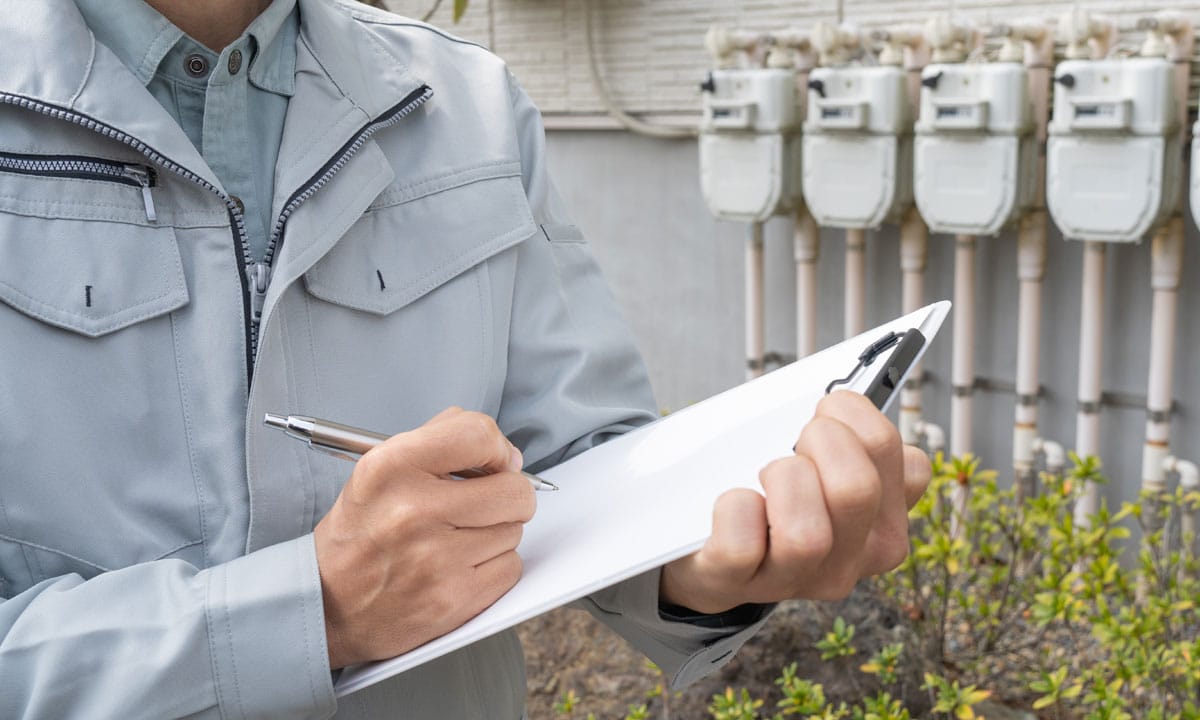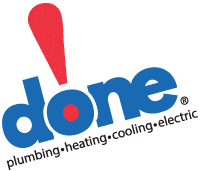HVAC systems are becoming increasingly efficient and reliable. Manufacturers endeavor to produce better systems at better prices every year. This rate of improvement is spurred on by technology as well as legislation. Denver homeowners might have heard about new efficiency standards being introduced, namely SEER2. This new rating system has a direct impact on the price and capacity of 2023 HVAC systems. We asked our team of HVAC experts to simplify the technical jargon and break down everything you need to know about SEER2.
SEER Explained
SEER is an acronym that stands for Seasonal Energy Efficiency Ratio. This efficiency rating was developed by the Air Conditioning, Heating and Refrigeration Institute. If there’s one thing you need to know, it’s the higher the better. A simple calculation is used to determine a system’s SEER rating: the output cooling energy over the annual season divided by the input electric energy over the annual season. The former is measured in BTU and the latter in Watt Hours.
The higher your A/C’s SEER score, the less electricity it needs to achieve the desired temperature. It’s important to note that this is a maximum efficiency score. The miles per gallon for your car is analogous. Old faithful might have an MPG of 60, but that’s only true when there’s little to no traffic. In the same way, your HVAC system’s SEER score reflects its optimal performance. A variety of factors can lower your system’s efficiency.
SEER2 Explained
The appropriately named SEER2 is the newest version of this rating system. The standout feature of SEER2 is its utilization of a more controlled testing environment, ensuring more accurate ratings. A new procedure called “M1 testing” is used to perform calculations, accurately reflect the real-life conditions of an installed system. The amount of heat that was removed from the conditioned space throughout the annual warm period is also factored in. In short, the SEER2 score you see on newer systems is more reliable. When comparing systems, bear in mind that SEER and SEER2 numbers do not correspond perfectly. For example, a SEER2 score of 13.4 is equal to a SEER score of 14.0. Avoid confusion by double checking which rating system you’re looking at.
New DOE Regulations
New Department of Energy regulations took effect on January 1, 2023 officially making SEER2 the new standard. Simply put, the minimum acceptable efficiency level has been raised. In the Northern region, which encompasses the great state of Colorado, residential air conditioning units above and below 45K BTU need a SEER2 rating of at least 13.4. For heat pumps, the target is 14.3.
The Best Time To Buy A New HVAC System
Home service providers in the Northern region, like DONE, are allowed to continue to sell 13.0 SEER inventory while stock lasts. If you are considering HVAC replacement, enquire today to find out if we still have older systems at our warehouse. These systems could be $2,000 or up to 20% cheaper than their SEER2 counterparts. Contact us today to claim your 2022 priced system. Investing in a new HVAC unit can be a daunting prospect. At DONE, we remove the guesswork by laying out exactly what you should expect from the installation process.
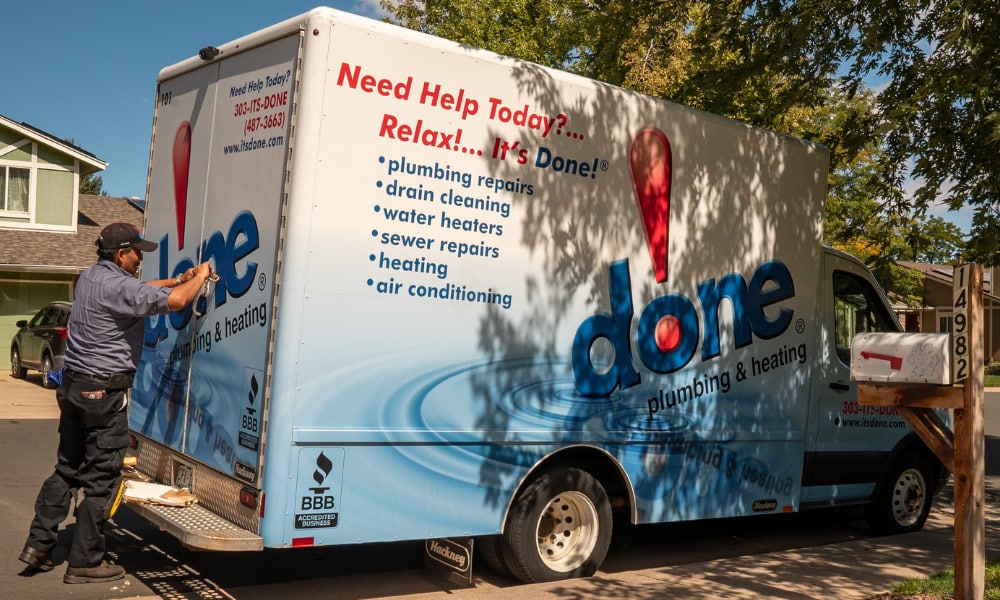
The Benefits of SEER2
The primary benefit of the new SEER2 scoring system is obvious. With more accurate information, homeowners are able to make better decisions when it comes to their heating and cooling needs. A high SEER2 rating also ensures more energy efficiency than ever. It allows residents to waste less energy to cool or heat their homes and save considerable cash long term. For Colorado residents who are environmentally conscious, the introduction of SEER2 is a step in the right direction.
As mentioned earlier, an HVAC system’s SEER2 score reflects optimal conditions. For your air conditioner to consistently reach that target, you will need to make sure you choose the right model for the size of your home, schedule regular HVAC maintenance, and invest in quality ductwork. When deciding which new AC make or model to purchase, be on the lookout for manufacturer rebates and tax credits.

